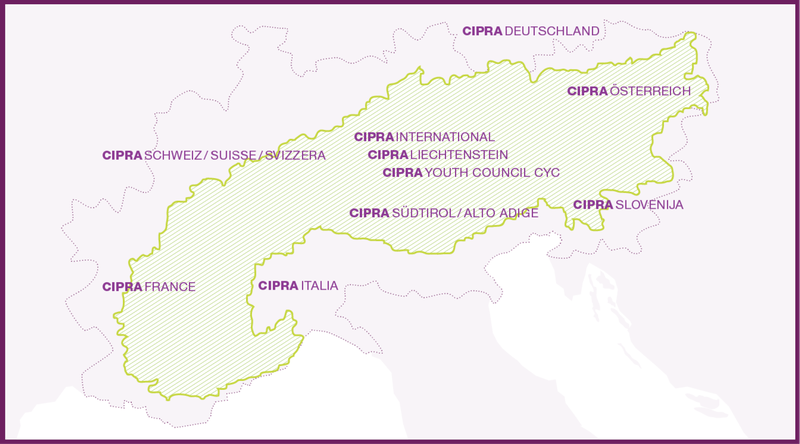Laura Haberfellner, CIPRA International Lab
Innovation to counter emigration
Emigration and the brain drain in the Alpine region: a new EU project involving CIPRA aims to counteract this trend. It is testing innovative governance models to strengthen mountain regions and create a win-win situation for regions of origin, destinations and young emigrants.
Who is CIPRA?
Find out more!
More articles
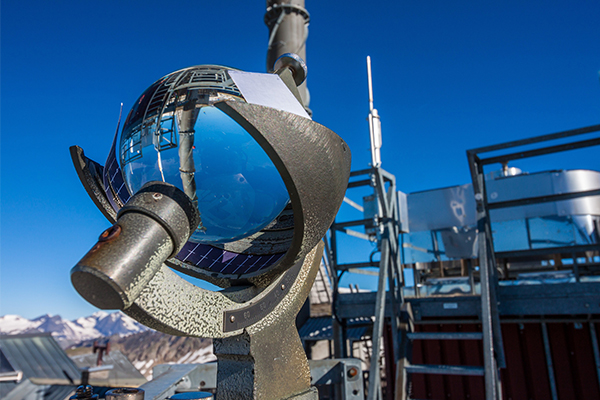
alpMedia
Researching the Alps
They are probably among the most thoroughly researched mountain areas on Earth, yet the spirit of research in the Alps remains undiminished: November 2018 saw the opening of a new Centre for Mountain Research in the Swiss city of Sion.
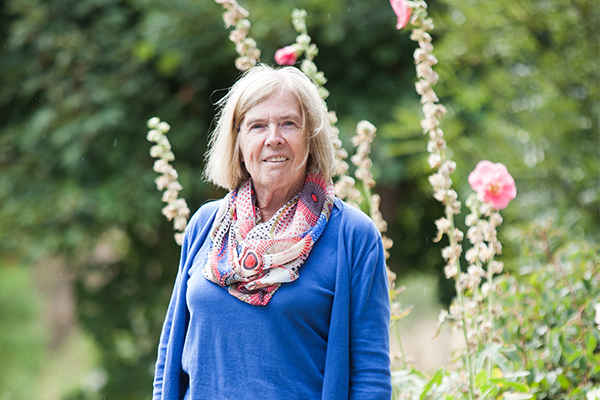
Venturing into the unknown
In her report Christine Eben would write: ‘Once again we formed mixed groups, in terms of both age and nationality, just as we had in our previous workshops that had proved so successful. As it’s all about future developments, exchanging ideas with young people is all the more important.’
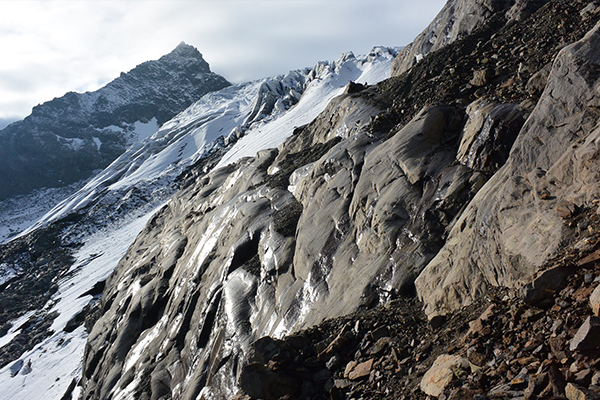
alpMedia
The Alps as a climate laboratory
Without climate protection measures the average temperature in the Alps will increase by up to 4.5 degrees by 2050. New initiatives give rise to hope, with the latest United Nations climate report drawing further attention to the topic.

alpMedia
A cultural heritage to savour
How a cross-border project combines culinary delights with the Alpine heritage.
Events
|
FutureForum Alps 2025 | SAL - Saal am Lindaplatz, Landstrasse 19, 9494 Schaan, Liechtenstein |
Projects
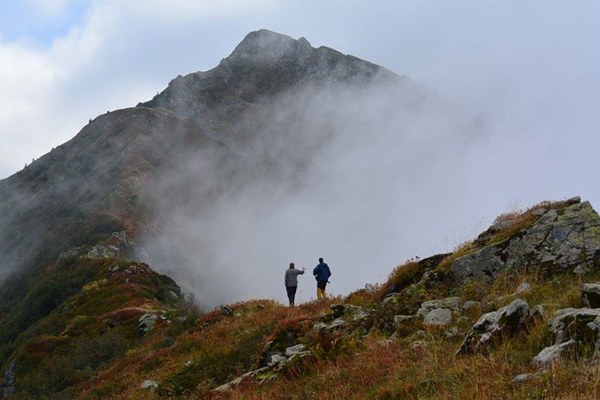
CIPRA International
Worthwild
[Project completed] Only minimally impacted by human intervention, areas with limited infrastructural development in the Alps provide European societies with a wide range of ecosystem services, such as the conservation of biodiversity and climate regulation.
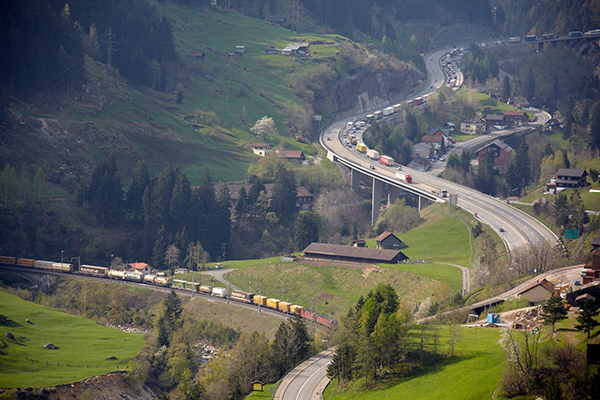
CIPRA International
AlpInnoCT
[Project completed] The Alps are a sensitive ecosystem that has to be protected from pollutant emissions and climate change. The alpine road freight transport has enormous ecological and sociocultural effects on the alpine habitat. Most actors such as forwarders, port operators, administrations and consumers, are aware of these negative effects and they are working on their own technical or regulatory solutions. However, a constructive and participatory dialogue between all involved actors, in order to promote sustainable freight transport within the Alps, has not been established so far.
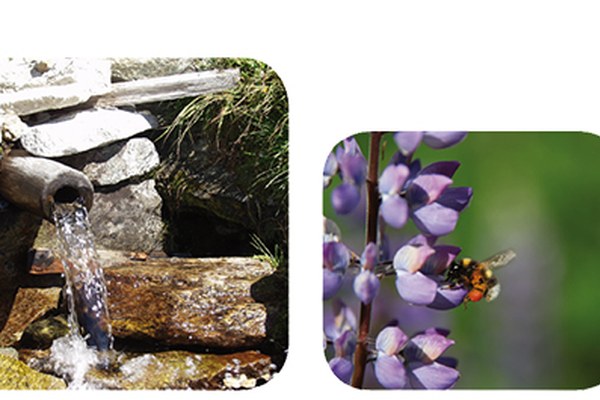
CIPRA International
AlpES
[Project completed] Ecosystems and their services go beyond national borders and need a transnational approach for their dynamic protection, sustainable use, management and risk prevention. As a basis for joint action, public authorities, policy makers, NGOs, researchers and economic actors – the AlpES target groups – need a common understanding of ecosystem services, comparable information on their status and support in using appropriate tools for integrating them in their fields of work.

